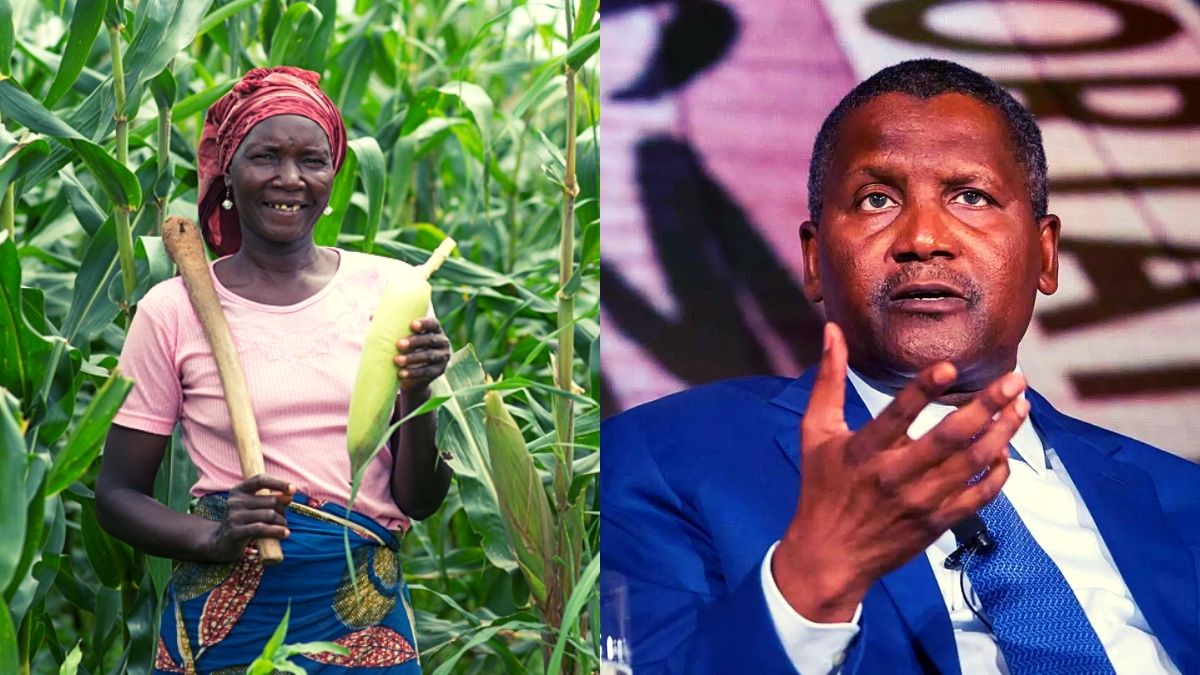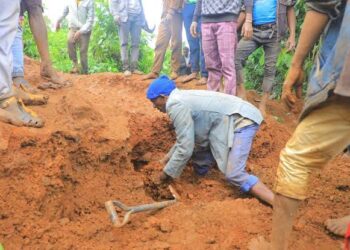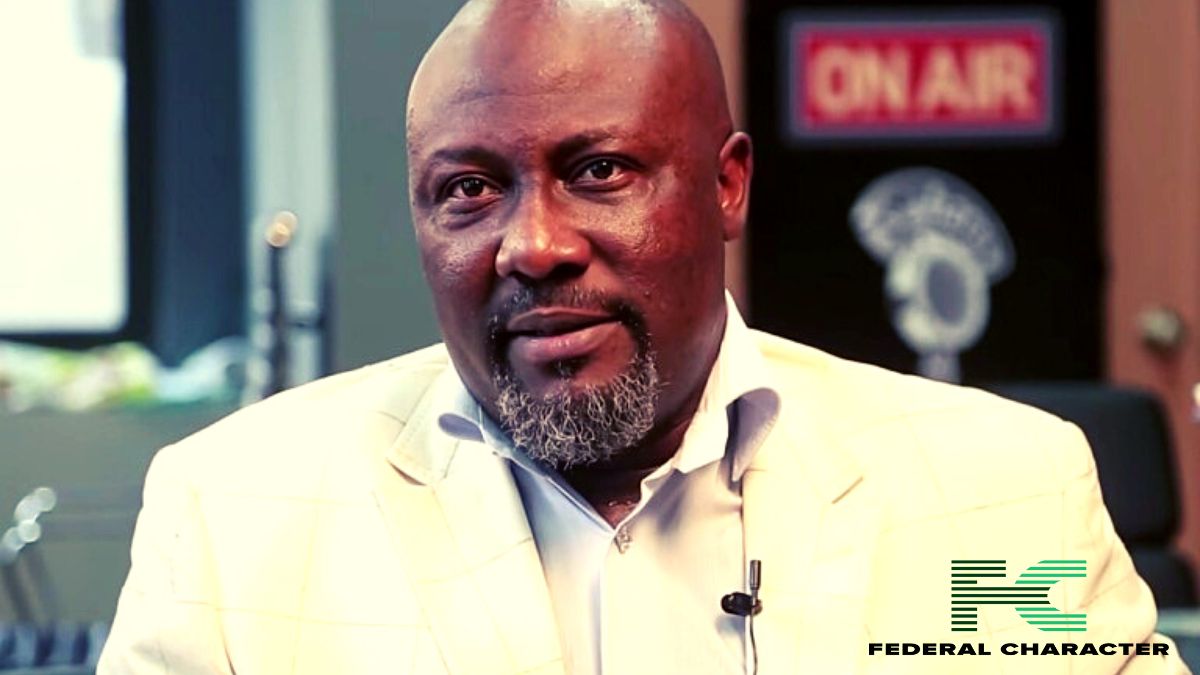Just last week, I read a news report about a statement given by Africa and Nigeria’s richest billionaire, Owner of Dangote Group and Founder of Aliko Dangote Foundation, Alhaji Aliko Dangote at the 4th Annual Nigerian Food Processors and Nutrition Leadership Forum that held at Lagos State on March 11, 2022, in which he said that the Nigerian government should prevent the exportation of maize so as to ensure the country’s food security and agricultural sufficiency and avert a looming global food shortage.
The business mogul also stated that the war between Russia and Ukraine would thwart our food supply. Well, he’s right when it comes to our local wheat production and where we get our raw materials for the production of chemical fertilisers. In Nigeria, bakers at the macro and micro-production level were hit by a surge in the price of commodities such as flour that were used in the production of cakes, bread and other desserts and confectionaries. A similar occurrence also occurred in Arab countries in North Africa and the Middle East as they witnessed a surge in the price of their staple foods such as semolina and flour, due to the invasion of Ukraine by the Russian Federation, as much of their wheat were imported from Russia and Ukraine, who account for one-third of the world’s global wheat production.
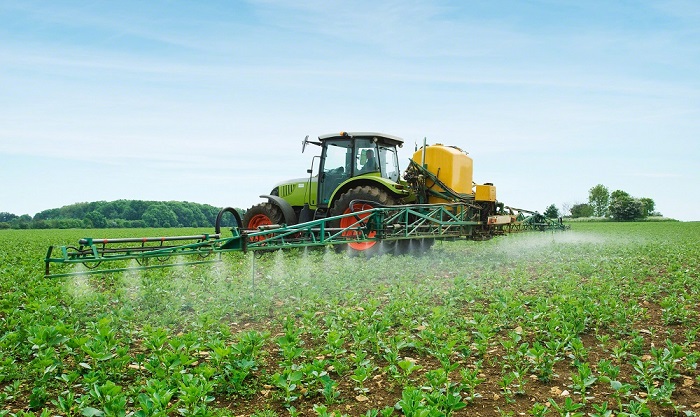
The raw materials used for the production of fertilisers were also projected to be hard hit and they include phosphate, potash and urea, and 30 percent to 60 percent of these materials mainly come from Russia and Ukraine. These materials were exported to Nigeria and then processed to make the fertilisers. This calls for alot of concern in the Nigerian agricultural industry where a majority of our farmers use synthetic fertilizers. We have to return to the use of organic fertilisers in farming which would do us well as an alternative and is also environmentally friendly. We also have agricultural research institutes in the country which are supposed to find solutions to the nation’s dire agricultural needs.
I was surprised by the reactions of many Nigerians in regards to the issue on the Nigerian social media space. They simply gave their judgements by reading the headlines, when the information could be more understood when read fully. Some had the notion that he had the intention of monopolizing maize production for his own gains. This is not even the first time people have had the perception that the man had his financial interests at heart more than the country’s.
Well, Nigerians may be either right or wrong as his intentions may not be known. We cannot forestall the fact that Dangote could be looking at the likelihood of his agroindustries suffering from lack of agricultural commodities necessary for making his products. Spaghetti, Macaroni, Noodles etc. cannot be made without the use of wheat flour, and most of the wheat grinded into flour by the Flour Mills of Nigeria PLC were imported from Russia or Ukraine. The fertiliser which his company produces cannot be made without the raw materials needed for it.
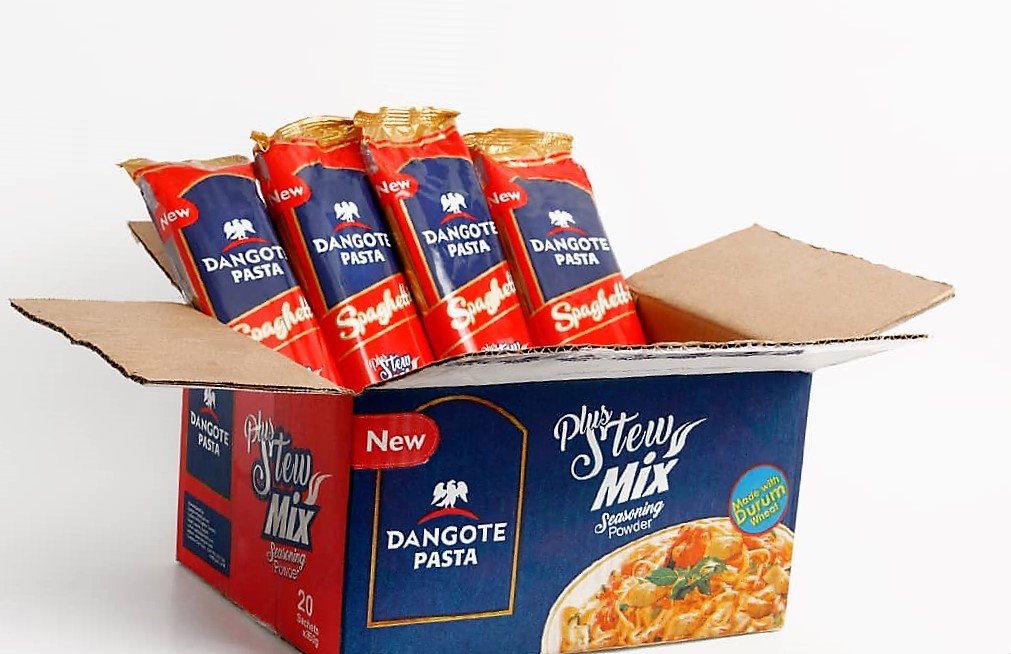
We should avoid jumping into conclusions as there were no secret plans by him to monopolise as he only gave his suggestions at the event organised by his foundation, in conjunction with the Bill & Melinda Gates Foundation (BMGF) and Technoserve under the Strengthening African Processors of Fortified Foods (SAPFF) programme. Use of raw materials to invest in his business, and export to other countries shouldn’t be held unto as the pure truth as they are only notions. Nevertheless, Dangote’s comment may not be discarded by the Nigerian Government considering his status in the financial and economic society.
Some self-acclaimed economists on social media have argued that a ban on the exportation of maize is needless in a fragile economy like ours. But if there is no good quantity of these produce and even at affordable prices, then what is the need of exporting it.
Dangote’s concern about Nigeria’s food security did not even begin after the advent of the Russia-Ukraine crisis. In 2020, The Dangote Group tried its best in making efforts to prevent food crisis in the country through production of chemical fertilisers to help boost food production in the country in conjunction with the Nigerian government. But it seems that much has been done on paper only as this hasn’t fully culminated into reality.
In the northern part of Nigeria, much of the country’s maize, wheat and millet are planted, harvested and exported to neighbouring countries like Niger, Chad, Mali, Burkina Faso and in order to prevent the sale of these commodities to other countries, the government will have to show honest commitment, give technical and financial support, make plans for storage, and address the matter of insecurity.
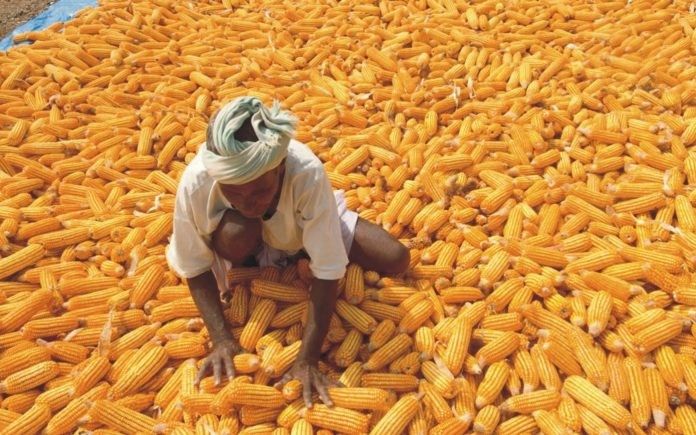
We Nigerians need to understand that there is no usefulness in having money and not being able to afford food. The expenditure of over half of Nigeria’s population goes into purchasing foodstuffs. More efforts needs to be put for us to attain agricultural self-sufficiency and food security, thereby putting a halt to some of our needs from other countries.
We Nigerians need to understand that the exporting of our local produce during this period of crisis will affect us as we feed other countries and go hungry. Such should be suspended to monitor the global situation.
The need to export our product only comes when there is an excess in our maize production or when we produce massively, and this would lead to creation of more jobs and reduction in the country’s inflation.
The earlier we realise this, the better for me, you and our society.

